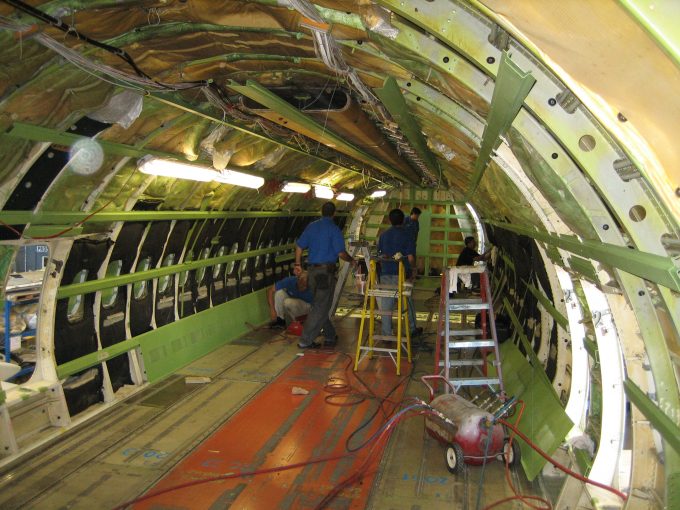Business case for commercial use of the Beluga 'was not there', says Airbus
Airbus has taken the “reluctant” decision to axe the commercialisation of its heavylift Beluga aircraft, ...

Israel Aerospace Industries’ (IAI) conversion programme for Boeing 777s is behind schedule.
The company recently revealed it delayed test flights of the first 777 freighter off its conversion line until next year, and some observers now reckon it could be February before the aircraft takes off.
IAI ...

Comment on this article